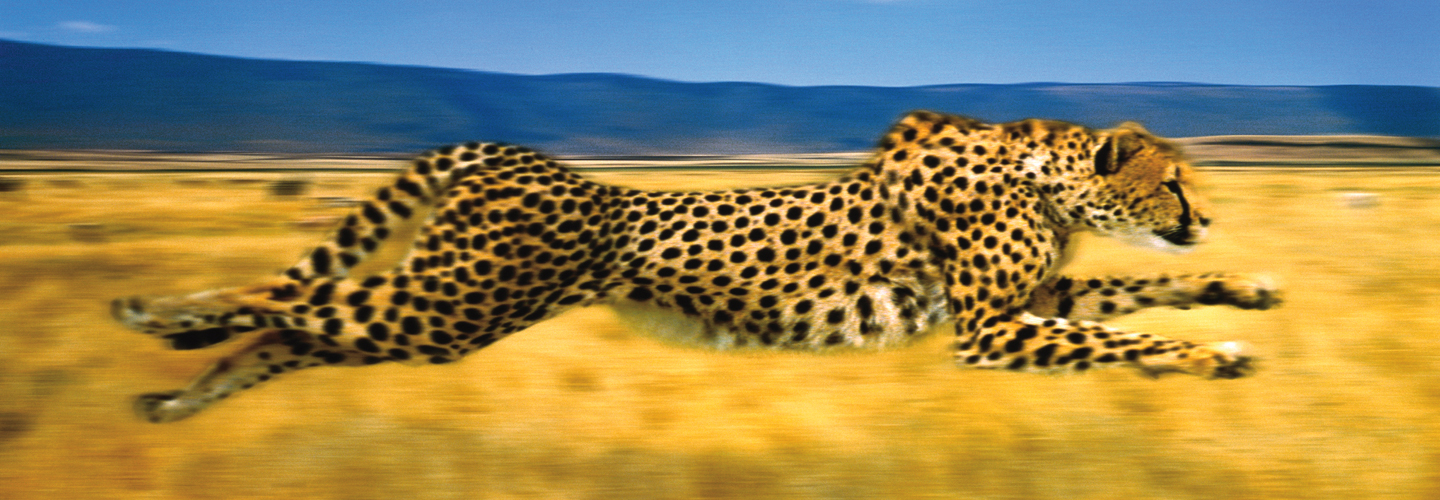A cheetah is the world’s fastest land animal. But why? For decades, scientists have wondered why some animals are speedier than others.
Many scientists have tried to predict animals’ top speeds. But doing so is harder than you might think. Does an elephant run at 360 miles per hour? No way. But math equations commonly used to predict animals’ speeds produced outlandish numbers like that.
Scientists in Germany tried something new. Ulrich Brose studies biodiversity, or the different kinds of life in an ecosystem. He and his team used data from 472 animals to develop new equations.
First, the scientists calculated the maximum speed that different animal species could travel based on their weight. This included land mammals, birds, and sea animals.
A cheetah is the world’s fastest land animal. But why? For decades, scientists have wondered. They want to know why some animals are speedier than others.
Many scientists have tried to predict animals’ top speeds. But doing so is harder than you might think. Does an elephant run at 360 miles per hour? No way. But math equations commonly used to predict animals’ speeds produced outlandish numbers like that.
Scientists in Germany tried something new. Ulrich Brose studies biodiversity. That’s the different kinds of life in an ecosystem. He and his team used data from 472 animals. They developed new equations.
First, the scientists calculated the maximum speed that different animal species could travel. They did it based on the animal’s weight. The study included land mammals, birds, and sea animals.

